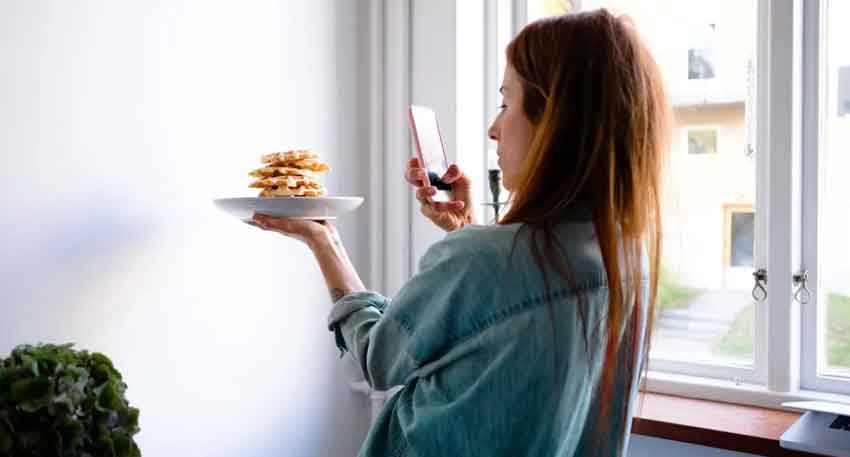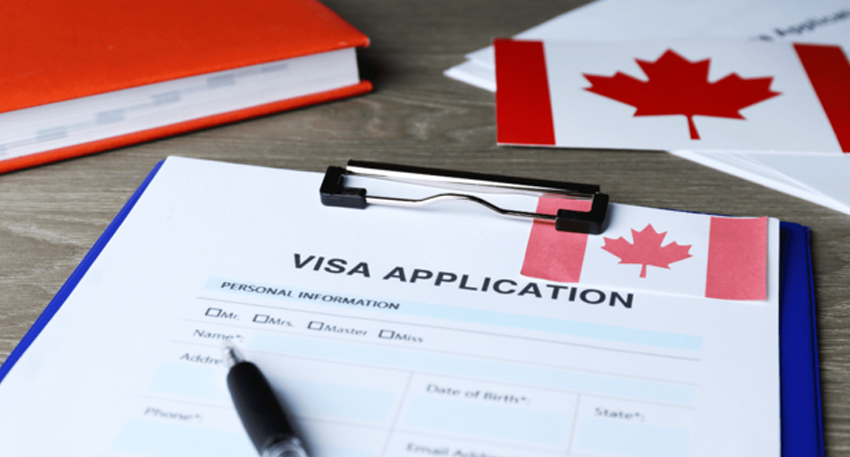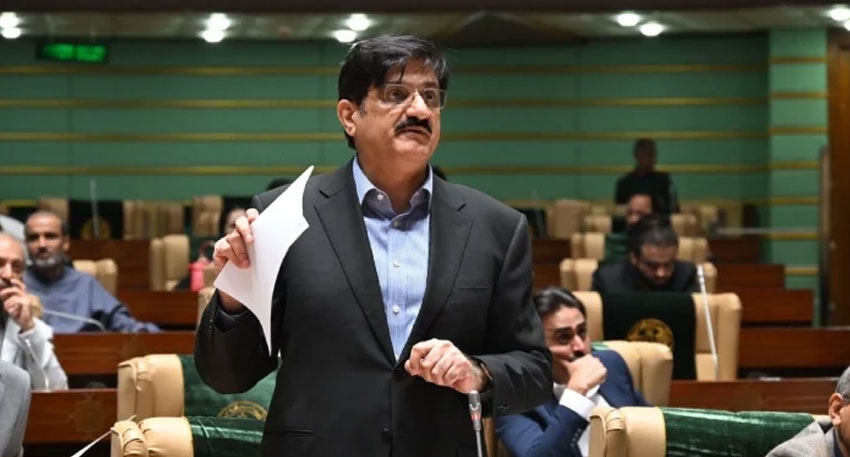
While specialists acknowledge that social media may not be the direct cause of eating disorders, they emphasize that it serves as a strong trigger and catalyst, pushing vulnerable youths toward harmful behaviors linked to anorexia, bulimia, and binge eating disorder. These worries arise alongside mounting evidence of a global rise in such disorders coinciding with the widespread use of social media.
“We can no longer treat an eating disorder without addressing social media use,” said Carole Copti, a French dietitian and nutritionist. “It has become a trigger, an accelerator, and a barrier to recovery.”
Data reveals that the worldwide lifetime prevalence of eating disorders nearly doubled from 3.5% in 2000 to 7.8% in 2018—a timeframe that aligns with the rapid growth of social media platforms.
Although eating disorders stem from a complex mix of psychological, genetic, environmental, and social factors, health professionals warn that social media exacerbates risks by idealizing thinness and spreading misleading or dangerous dieting advice.
Dr. Nathalie Godart, a psychiatrist at the Student Health Foundation in France, described social media as often “the straw that breaks the camel’s back.” She cautioned that the online promotion of extreme diets, excessive workouts, and unattainable body ideals “weakens already vulnerable individuals and heightens threats to their health.”
Dangerous Trends
One alarming pattern noted by experts is the prevalence of the #skinnytok hashtag on TikTok, which features videos encouraging drastic food restriction or extreme weight-loss methods. Medical professionals have strongly condemned this content as harmful and irresponsible.
Charlyne Buigues, a French nurse specializing in eating disorders, highlighted how social media normalizes these risky behaviors. “Videos showing young girls with anorexia proudly displaying their emaciated bodies, or others demonstrating purging linked to bulimia, are deeply troubling,” she explained.
“Using laxatives or self-induced vomiting is often portrayed as an acceptable weight-loss method, yet these practices significantly increase the risk of heart failure,” Buigues added.
In France, the national health insurance agency reports that eating disorders rank as the second leading cause of premature death among 15- to 24-year-olds. Anorexia, in particular, has the highest mortality rate among psychiatric illnesses, underscoring the gravity of the crisis.
A Vicious Cycle
Copti described a damaging cycle where social media validation—via likes, comments, and followers—reinforces destructive behaviors. “Many suffering from eating disorders struggle with low self-esteem, but the online attention they receive for extreme thinness often fuels their illness and denial,” she said.
In some instances, this cycle is even monetized. Buigues recounted a case of a young woman who live-streamed herself vomiting on TikTok, revealing she was paid by the platform and used the money to buy groceries.
Obstacles to Recovery
Experts point out that the overwhelming amount of misinformation online hinders recovery efforts, as patients are often more influenced by social media personalities than by healthcare professionals.
Copti noted that her sessions with teenage patients often feel like courtroom battles. “I constantly have to defend why a 1,000-calorie diet is unhealthy or explain the dangers of skipping meals,” she said. “They are deeply indoctrinated, and my 45 minutes can’t compete with the hours they spend on TikTok daily.”
Godart expressed worry about the rise of “pseudo-coaches” on social media who dispense unverified or even illegal nutritional advice. “These influencers carry far more influence than official health organizations, making it an ongoing challenge to communicate even basic nutritional facts,” she said.
Calls for Regulation
Despite efforts by medical professionals to report harmful content, many say social media companies are slow to act. Buigues frequently reports disturbing posts on Instagram but finds it “fruitless. The content remains online and accounts are rarely suspended—it’s exhausting.”
As a last resort, Buigues has advised some patients to delete their social media accounts entirely, especially TikTok. “It might seem extreme, but until young people are better informed, the app remains too risky,” she concluded.




